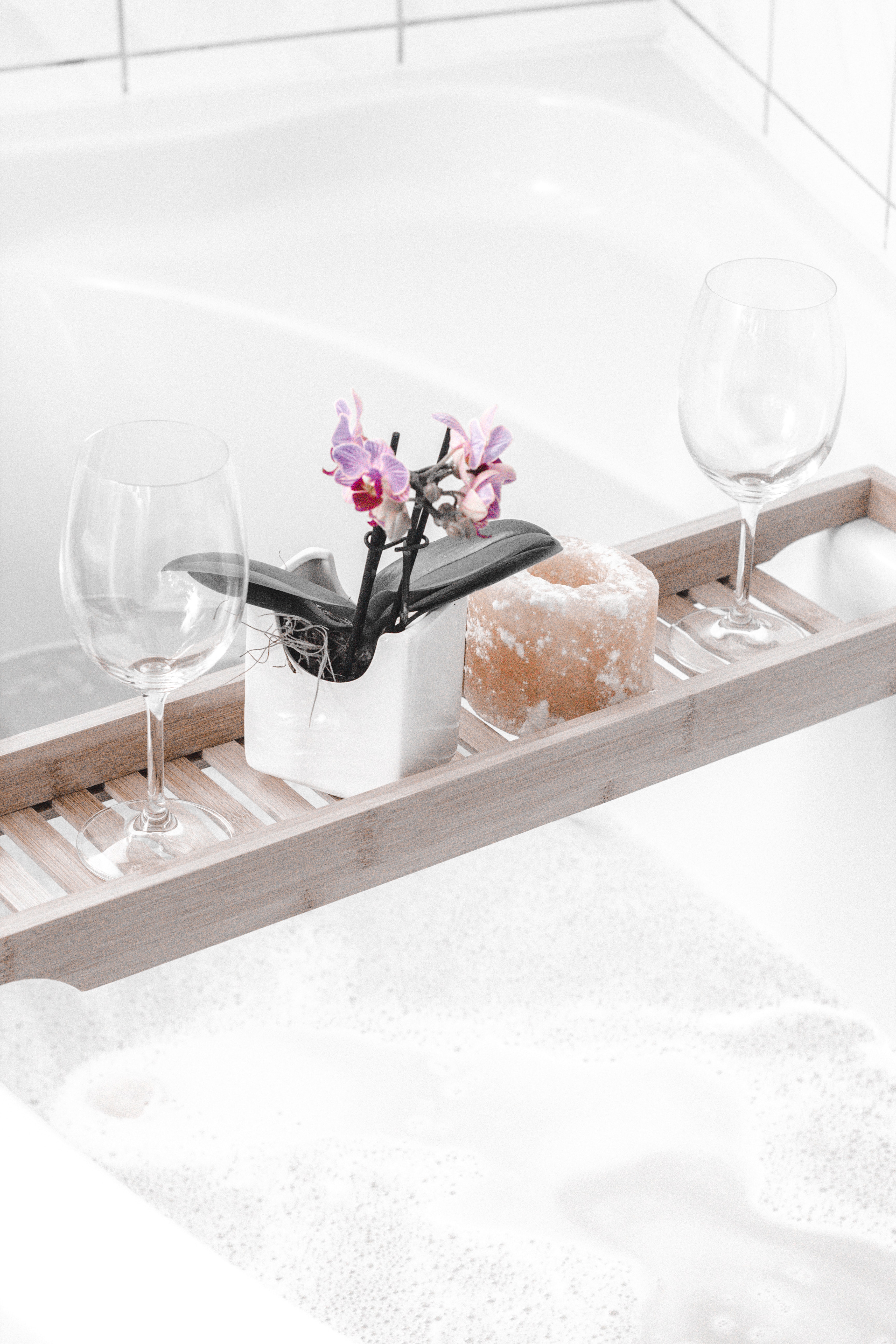The pandemic has changed just about everything about how we live, making self-care a crucial coping strategy

More than six months into the pandemic, Americans are reporting elevated mental health issues related to the coronavirus and all the measures people have been asked to take to try to control it.
Almost 41% of people surveyed say they are struggling with mental health issues as a result of the pandemic, with stress and anxiety topping the list, a recent study from the Centers for Disease Control finds.
The changes wrought by the pandemic, along with economic and political turmoil and civil unrest, are challenging us in ways we could not have imagined when 2020 began. It’s evident that we need to better care for ourselves so we can care for those we love and meet the challenges of this unprecedented time.
There are many simple practices that may boost our mental, emotional, and physical health and help us find greater joy, calm, and peace amid the turmoil. Since September is Self-Care Awareness month, here are some ideas to help you build resilience to meet the challenges you face:
Just Breathe — If you feel tension building in your body while you read the news or your Facebook feed, that’s a sign it’s time to take a breather — literally. Close your eyes and focus for a few minutes on taking deep, regular breaths. This type of meditation can help to calm your nerves and renew your energy.
Focus (Stop Multitasking!) — Choose a project, errand, or activity and do only that. Trying to do too many things at once and pushing too hard on multiple tasks might compromise the quality of everything you manage to get done. Concentrating on a single task may give your brain a break.
Release Trapped Emotions — Traumatic and difficult events from the past can leave us with unresolved emotional energy in the form of Trapped Emotions — negative energies that can literally become trapped in the body. If you find your days are filled with constant feelings of dread, guilt, or sadness, or find yourself gripped with worry, anger, or other strong negative emotions, that may be a sign you are struggling with Trapped Emotions. The Emotion Code® is a process to help identify and release these energies.
Cleanse Yourself of Toxins — This includes everything from artificial ingredients in food and drink to negative energy in your social circle. Take stock of the things that might be toxic in your life. Try to identify bad habits, and strive for healthy living by eliminating them. Adopt a healthy way of eating to keep your system as clean as possible. If there is someone in your life that absolutely drains you, it may be time to change your relationship with that person.
Avoid Digital Exhaustion — In this time of rage tweets, cyber-bullying and just plain old bad news, give yourself a break from the negativity at the tips of your fingers and in the palm of your hand. If you feel worry, tension, apprehension, or anger building as you surf your news feed, take that as a sign you to disconnect for a bit. Go for a walk, read something calming or spend a few minutes connecting with someone you love to break the cycle of stress.
Give Yourself a Time Out Instead of Temper Tantrum — People are spending a lot of time at home with their families. While that can be a blessing, it can also lead to disagreements, misunderstandings, and upsets, especially when we are exhausted. If you begin feeling your emotions about to get the better of you, don’t blow your top. Give yourself a time out instead, just like you might for your kids. Go to a spot in your home, or outside in nature, where you can be alone and quiet for a few minutes. If nothing else, lock yourself in the bathroom and breathe deeply to “chill out” for 5-10 minutes.
Spend Some Time Doing Something You Love Each Day — Many people find this difficult to practice. They may equate being busy with being productive, or feel that taking time for themselves is somehow selfish. Nothing could be further from the truth. Caring for yourself is absolutely necessary to maintain the balance you need in your life so you can care for others and accomplish what you need to get done. Some additional ideas for fun and easy self-care practices include:
- Walking
- Exercising
- Stretching
- Singing
- Creating
- Dancing
- Reading
Whatever you choose, make sure you set aside some time each day to do what brings you joy and increases your sense of inner peace. Making self-care practices such as these a part of your daily routine may help you feel less anxious, fill you with positive energy, and improve your outlook, health and relationships.

